
By: Kavan Sohal Jul 23/2025
A local SEO strategy is a set of actions designed to make your business more visible in local search results on Google and other search engines. When a potential customer searches for “plumber near me” or “best law firm in Vancouver,” a strong local SEO strategy ensures your business appears at the top of Google Maps and the local search listings/search engine results page (SERPs).
Local SEO means optimizing your website and digital presence to rank within a specific geographic region, like Vancouver, Calgary, or Toronto. It’s all about combining your primary or core service keywords with your target location to boost your visibility.
If you’re a local business, this isn’t just a nice-to-have; it’s essential. Whether you’re a dentist in Burnaby or a law firm in downtown Toronto, ranking well in your area puts you in front of customers who are ready to buy or reach out to your service because not everyone knows who you are, and those are customers you want to attract.
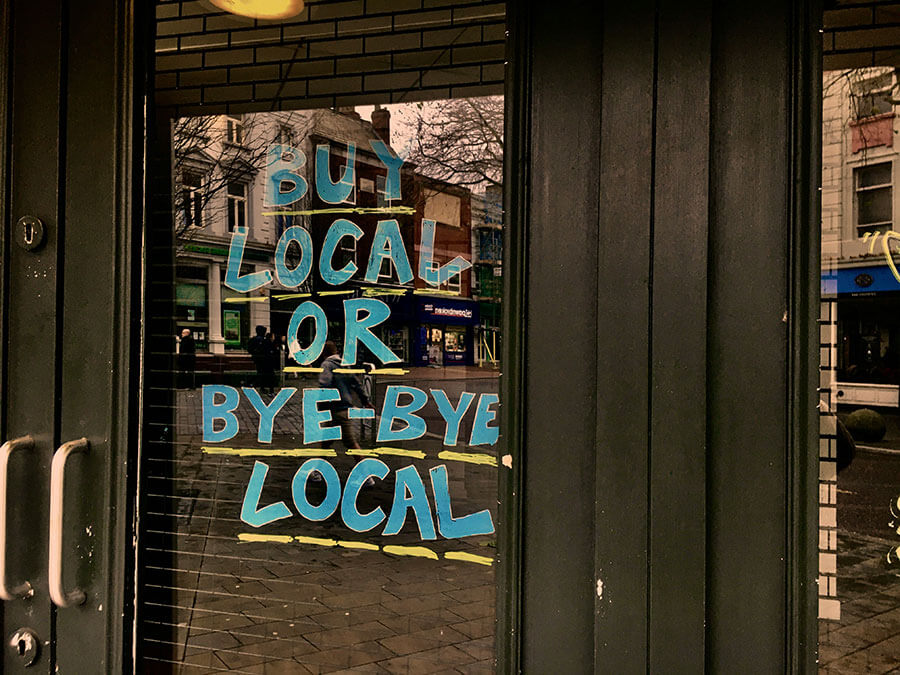
Local SEO is especially valuable for service-based businesses and brick-and-mortar stores. Here’s who should care:
If your customers are local, your SEO should be too. A physiotherapist in Edmonton doesn’t need to rank across Canada; they need to dominate “physiotherapy clinic Edmonton” and similar searches in their region
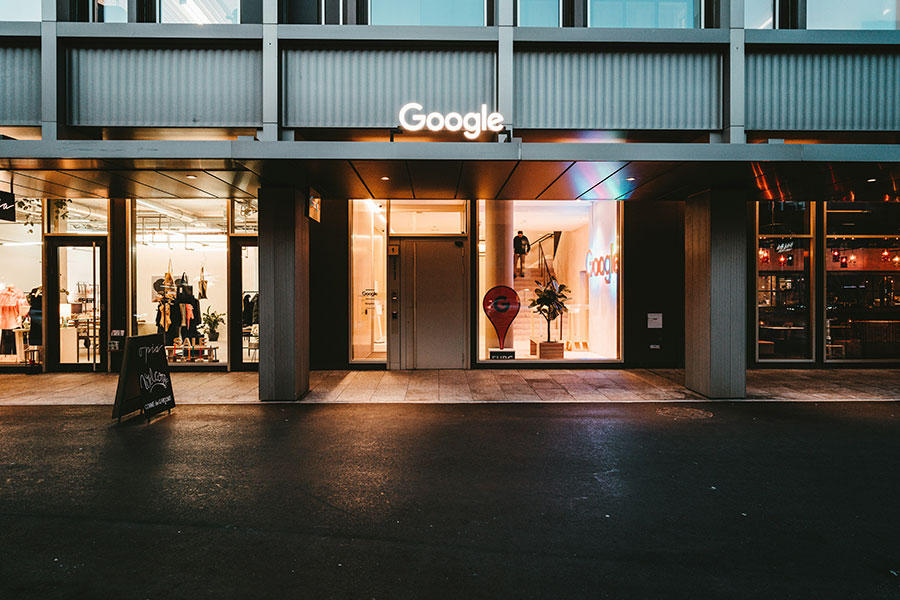
This is your digital storefront, and one of the biggest local ranking factors. Make sure you:
TL;DR: A complete Google Business Profile (GBP) makes your business 2.7x more likely to be seen as reputable (Google Consumer Insights, 2025).
NAP = Name, Address, Phone Number. These must be identical across all platforms or as close to identical as possible.
Key places to check:
Even small differences like “St.” vs “Street” can hurt rankings—although less of an issue these days, it’s still best practice to be as accurate as possible.
Your website should clearly reflect your geographic focus or location. Here’s how:
Keyword Research Tip: Use tools like Google Keyword Planner or paid keyword research tools such as Semrush or Ahrefs to find “[your service]” + “[city]” combinations. For smaller cities, target the nearest major city since search volume data may be limited, but user behaviour should be similar within nearby locations.
TL;DR: Google needs location signals from both your website and GBP to trust your local relevance.
If you serve multiple areas, don’t stop at one city page. Create unique pages for:
This helps you rank in “near me” searches. This strategy is also crucial for capturing voice searches like, “Hey Google, find a marketing agency near North York.”
Target long-tail keywords and FAQs that address specific, local pain points. This type of content is excellent for capturing conversational search queries or AI-related searches.
This type of content earns high visibility in Google’s AI-generated answers and attracts better-qualified leads.
Schema helps Google understand your business. Key types for local SEO include:
TL;DR: Schema improves visibility in rich results/SERPs and can include things like stars, business hours, and service types.
Links from local websites are powerful. Here’s where to start:
TL;DR: Local links signal location trust and authority to search engines.
Reviews directly influence your rankings and your reputation. Best practices:
Key Stats:
AI hasn’t replaced local SEO; it’s just evolving the way people search the web:
What you can do:
Track local SEO performance with:
TL;DR: Set up proper tracking from day one to measure ROI and identify what’s working.
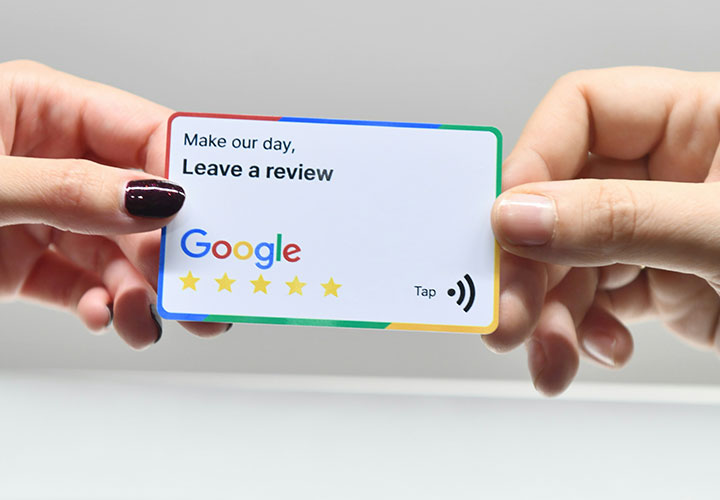
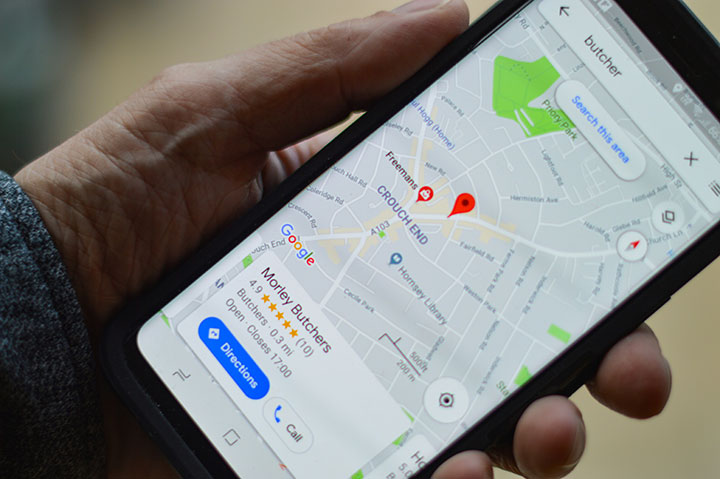
A winning local SEO strategy isn’t just about generating more clicks; it’s about earning trust and establishing yourself as the go-to choice in your community.
By combining technical SEO, high-quality content, and a strong real-world reputation, you can effectively dominate your local market. And remember: local SEO is a long game. The businesses that succeed are the ones that stay consistent and committed to the process, and sometimes even when you do everything right, it can feel like you are taking 2 steps back versus 1 step forward due to external factors (Google algorithm updates, increased competition, etc). It’s okay; all you can do is keep working on the process and adjust your strategy if needed, and eventually, your business will gain traction.
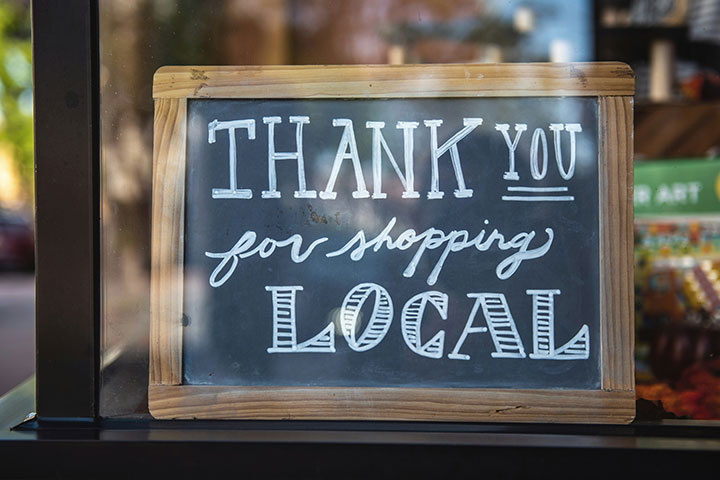
At Snaptech, we help businesses across Canada, the US, and UK build and execute high-performing local SEO strategies. Whether you’re in Vancouver, Calgary, Toronto, or anywhere in between, we’ll craft a plan that ranks and converts.
Feeling overwhelmed by local SEO? Let’s make it simple. At Snaptech, we build and manage local SEO strategies that get you seen by the right customers. Contact us today for a consultation, and let’s put your business on the map.